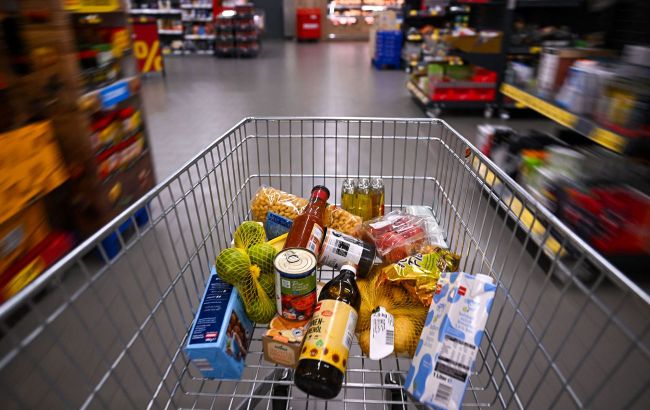Sugar substitute in drinks may increase risk of heart attack and stroke
 Which sweetener can lead to stroke (photo: Getty Images)
Which sweetener can lead to stroke (photo: Getty Images)
A new study conducted in Sweden reports that one of the most popular sugar substitutes found in diet drinks, chewing gum, and low-sugar yogurt raises insulin levels in animals, potentially increasing the risk of heart attacks and stroke over time.
What is known about the sweetener in the study
Some studies show that long-term use of artificial sweeteners can increase the risk of stroke, heart disease, and even premature death.
In particular, we are talking about aspartame. Aspartame, which is about 200 times sweeter than sugar. It is added to sugary sodas, chewing gum, and some yogurts.
In 2023, the World Health Organization's International Agency for Research on Cancer classified aspartame as "possibly carcinogenic to humans".
For the new study, mice were fed food containing 0.15% aspartame daily for 12 weeks. This is the equivalent of a person drinking about three cans of diet soda every day.
Mice fed aspartame developed larger and fatter plaques in their arteries and also had higher levels of inflammation, which is a major cause of heart disease.
Registered dietitian Stephanie Schiff recommends eliminating artificial sweeteners and sugar from your diet.
If you have diabetes and find it difficult to give up sugary drinks, consider stevia-based sweeteners without erythritol, which is associated with an increased risk of heart attack and stroke.
This study raises concerns about the safety of artificial sweeteners in general. While they are often considered a better alternative to sugar for people with diabetes or those looking to lose weight, they can have their own health risks.
You'll be interested to read about the reason why you won't want to drink Coca-Cola anymore.
This material is for informational purposes only and should not be used for medical diagnosis or self-treatment. Our goal is to provide readers with accurate information about symptoms, causes, and methods of detecting diseases. RBС-Ukraine is not responsible for any diagnoses that readers may make based on materials from the resource. We do not recommend self-treatment and advise consulting a doctor in case of any health concerns.

